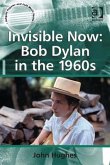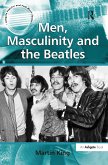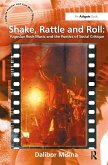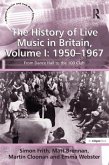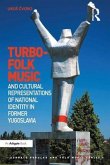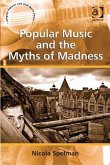Invisible Now describes Bob Dylan's transformative inspiration as artist and cultural figure in the 1960s. Hughes identifies Dylan's creativity with an essential imaginative dynamic, as the singer perpetually departs from a former state of inexpression in pursuit of new, as yet unknown, powers of self-renewal. This motif of temporal self-division is taken as corresponding to what Dylan later referred to as an artistic project of 'continual becoming', and is explored in the book as a creative and ethical principle that underlies many facets of Dylan's appeal. Accordingly, the book combines close discussions of Dylan's mercurial art with related discussions of his humour, voice, photographs, and self-presentation, as well as with the singularities of particular performances. The result is a nuanced account of Dylan's creativity that allows us to understand more closely the nature of Dylan's art, and its links with American culture.
Hinweis: Dieser Artikel kann nur an eine deutsche Lieferadresse ausgeliefert werden.
Hinweis: Dieser Artikel kann nur an eine deutsche Lieferadresse ausgeliefert werden.


